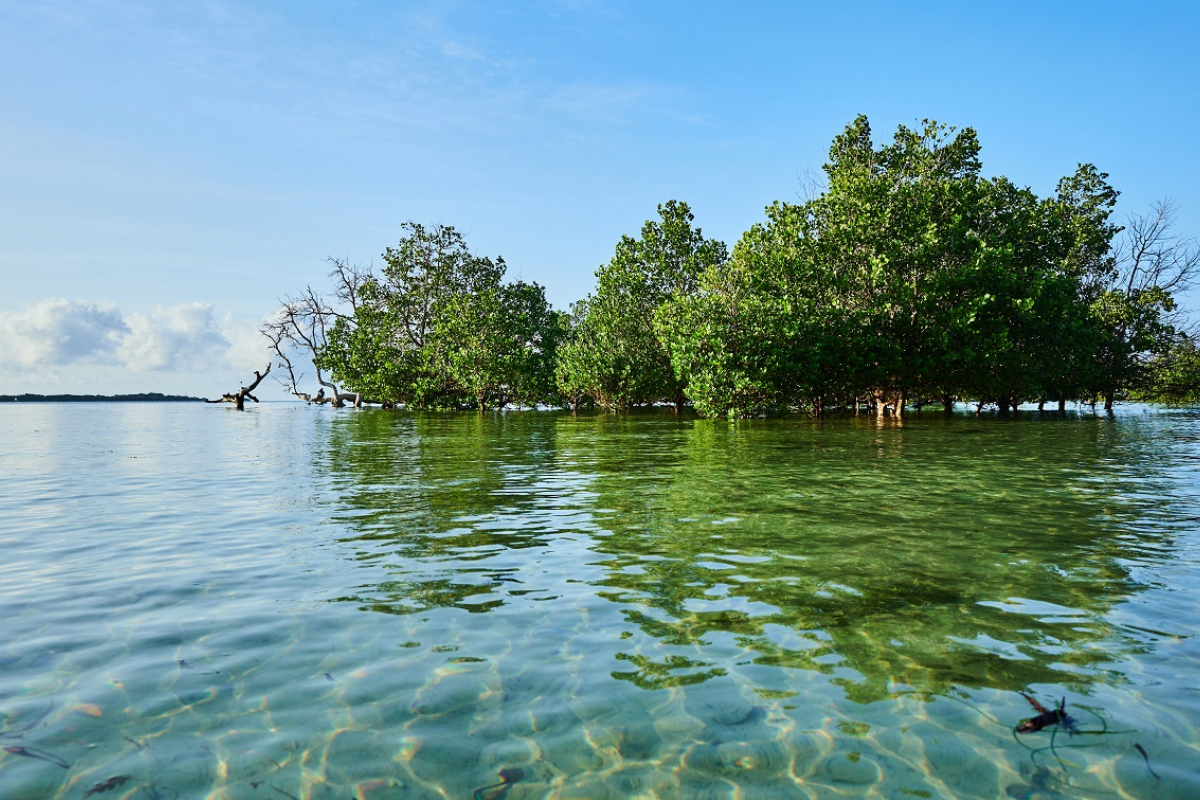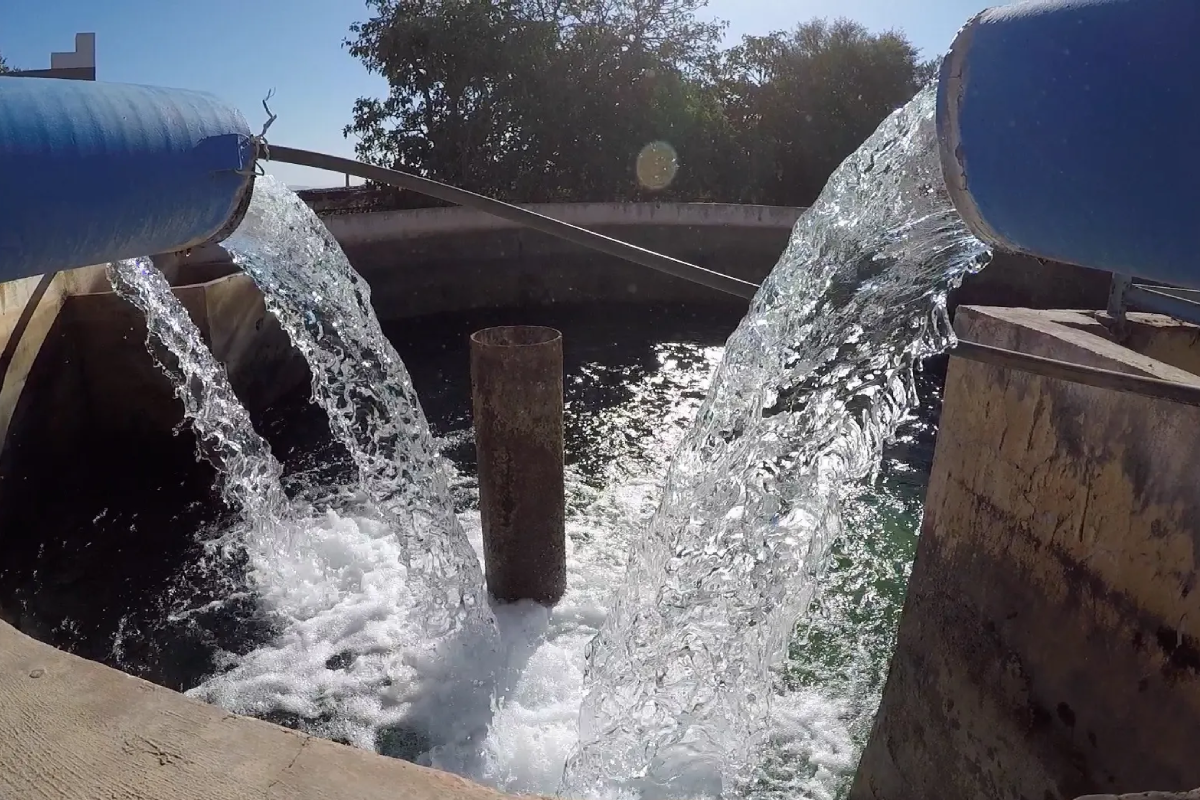Salinization Of Fresh Water Resources
Salinization of freshwater resources in Zanzibar is a growing environmental concern with significant implications for water security, agriculture, health, and ecosystem sustainability. Here's a comprehensive overview of the issue:

1. Overview
Zanzibar, a semi-autonomous region of Tanzania comprising the islands of Unguja and Pemba, relies heavily on groundwater and rainwater harvesting for its freshwater needs. However, increasing salinization of these resources has become a critical problem, particularly in coastal areas.
2. Causes of Salinization
- Over-abstraction of groundwater for domestic, agricultural, and tourism use lowers the water table, allowing seawater to intrude into aquifers.
- The flat and low-lying geography of Zanzibar makes it particularly vulnerable to this form of salinization.
- Rising sea levels exacerbate seawater intrusion.
- Changes in rainfall patterns reduce natural recharge of aquifers, concentrating salts in groundwater.
- Deforestation and land degradation reduce soil permeability, hindering groundwater recharge.
- Lack of proper drainage and uncontrolled development near coastlines worsen the problem.
- Use of saline water for irrigation in areas with poor drainage can lead to soil salinization and leach salts into groundwater.
a. Seawater Intrusion
b. Climate Change
c. Poor Waste and Land Management
d. Agricultural Practices

3. Impacts
- Freshwater becomes unfit for human consumption due to high salinity levels.
- Rural communities relying on shallow wells are particularly affected.
- Crop yields decrease due to soil salinity, and the range of viable crops is reduced.
- Salinized soils may become infertile over time.
- Consumption of saline water is linked to hypertension and other health issues.
- Mangroves and other coastal ecosystems may be stressed by changes in salinity levels.
a. Water Supply
b. Agriculture
c. Health
d. Ecosystems
4. Responses and Adaptation Measures
- Strengthening groundwater monitoring to track salinity levels.
- Enforcing regulations on borehole drilling and water abstraction.
- Rainwater harvesting systems are being promoted, particularly for domestic use.
- Exploration of desalination technologies, though expensive, is being considered for critical areas.
- Promoting reforestation and sustainable land use practices to improve groundwater recharge.
- Public education campaigns on the impacts of over-abstraction and importance of water conservation.
- Updating the water policy framework to address climate resilience and integrated water resource management.
a. Water Management and Monitoring
b. Alternative Water Sources
c. Reforestation and Land Conservation
d. Community Awareness and Education
e. Policy and Institutional Strengthening

5. Conclusion
Salinization poses a significant threat to the sustainability of freshwater resources in Zanzibar. Tackling it requires multi-level action, including improved water governance, climate adaptation strategies, and community involvement. Long-term resilience will depend on balancing human needs with environmental sustainability through integrated water resource management (IWRM).